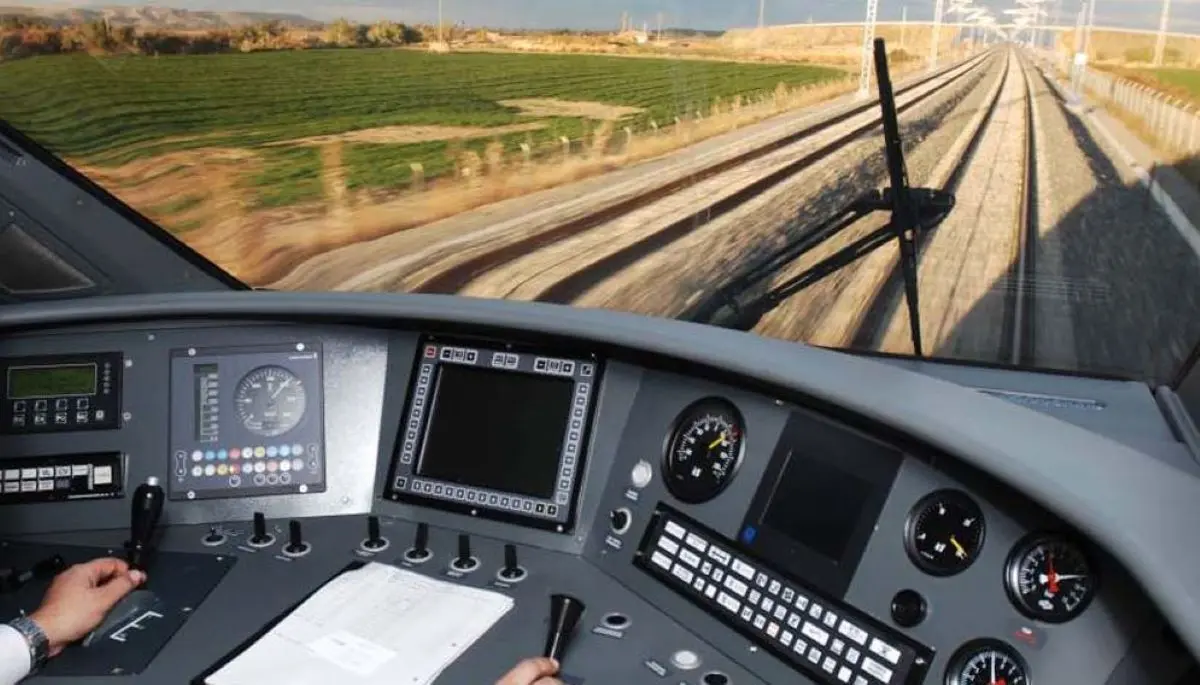Bevezetés
Understanding the implications of deteriorating social dialogue within the railway sector provides insights into significant challenges that lie ahead for workers, employers, and the entire logistics framework. This article delves into the breakdown of dialogue concerning work hours control, which affects not only the rail workers but also the broader logistics operations in Europe.
The Breakdown of Communication
The European Transport Workers’ Federation (ETF) has expressed strong concerns regarding the current state of discussions on work hours management in the railway sector. Specifically, they have highlighted obstructive behavior exhibited by railway employers, which disrupts crucial talks designed to ensure fair working conditions.
On June 23, 2025, the intervention from the Community of European Railway and Infrastructure Companies (CER) to prevent the participation of the European Union Agency for Railways (ERA) from the sector meeting was a stark reminder of the existing tensions. Such actions undermine mutual trust and respect, both pivotal for productive dialogue.
Importance of Work Hours Monitoring
Proper monitoring of working time, driving periods, and rest for mobile railway workers is essential. It not only safeguards their wellbeing but also enhances safety measures for train users. The railway industry currently grapples with significant worker shortages, exacerbated by deteriorating wages and working conditions.
Moreover, there are increasing instances where railway workers juggle multiple jobs across different companies, revealing loopholes in existing monitoring systems. This scenario cultivates a competitive environment among employers that can lead to worker exploitation and hazardous situations due to fatigued drivers operating for extended hours. Addressing these monitoring system deficiencies is crucial to ensuring safe and equitable railway operations across Europe.
Responses from the European Commission and ETF
Recognizing the issues at hand, the European Commission has tasked ERA with addressing the work hours monitoring conundrum. The ETF has been vocal about the necessity of ERA’s involvement in any future discussions related to this topic.
As emphasized during a meeting in early February 2025, Giorgio Tuti, the ETF Railway President, asserted the importance of reaching a consensus. The ETF has consistently communicated the stance that if dialogue fails during preparatory workshops, the ERA should be informed and included in future discussions.
Despite these clear assertions, CER chose to exert pressure on ERA to withdraw from the aforementioned meeting, which not only contradicts prior agreements but also indicates CER’s unwillingness to engage in transparent and inclusive problem-solving processes. The ERA’s concession to such pressures raises concerns about the equilibrium of influence and the transparency of negotiations.
The Vision for Productive Dialogue
Initially, the social dialogue was expected to facilitate collaborative progress in addressing work hours monitoring. However, the employers’ actions signal a distinct lack of genuine interest in pursuing solutions that would rectify existing system shortcomings. Excluding the ERA compromises the integrity of discussions and showcases an unwillingness to commit to real progress on vital issues affecting the workforce.
ETF’s Position and Next Steps
In light of these developments, the ETF has publicly denounced the current situation, stating that they cannot meaningfully pursue talks as planned. The federation calls upon CER to cherish the social cooperation cultivated over the years and enter into a more equitable and inclusive dialogue format, allowing for ERA’s full and unrestricted participation.
Until these conditions are met, the ETF will suspend its involvement in these discussions while remaining committed to supporting ERA fulfill its mandates with all relevant stakeholders involved.
Logisztikai következmények
The setbacks in social dialogue surrounding railway work hours control directly impact logistics operations. Railway systems play a vital role in cargo and freight movement across Europe. Interruptions in effective workforce management can lead to delays, affecting distribution timelines. If rail workers face undue pressure and unsafe work conditions, it may not only diminish productivity but also elevate risks throughout the logistical chain.
Logistics companies reliant on rail transportation could see increased costs or disrupted service levels, underscoring the interconnected nature of workforce management with broad operational outcomes.
Következtetés
The discourse surrounding work hours control within the railway sector is pivotal not only for the welfare of the workforce but also for the efficiency of logistics operations. While the ETF continues to navigate these turbulent waters, it’s crucial for stakeholders to recognize that sustainable solutions lie in open and honest dialogues.
Even with the wealth of reviews and insights available, there’s no substitute for personal experience when assessing logistics and transport solutions. GetTransport.com enables individuals to secure affordable global cargo transportation. Whether it’s an office move, home delivery, or hefty freight, this platform gives users the flexibility and reliability they need to make informed logistics decisions. To benefit from the affordable and transparent solutions offered, Foglaljon fuvart a címen. GetTransport.com.

 A társadalmi párbeszéd megszakadásának következményei a vasúti munkaidő-ellenőrzésben">
A társadalmi párbeszéd megszakadásának következményei a vasúti munkaidő-ellenőrzésben">